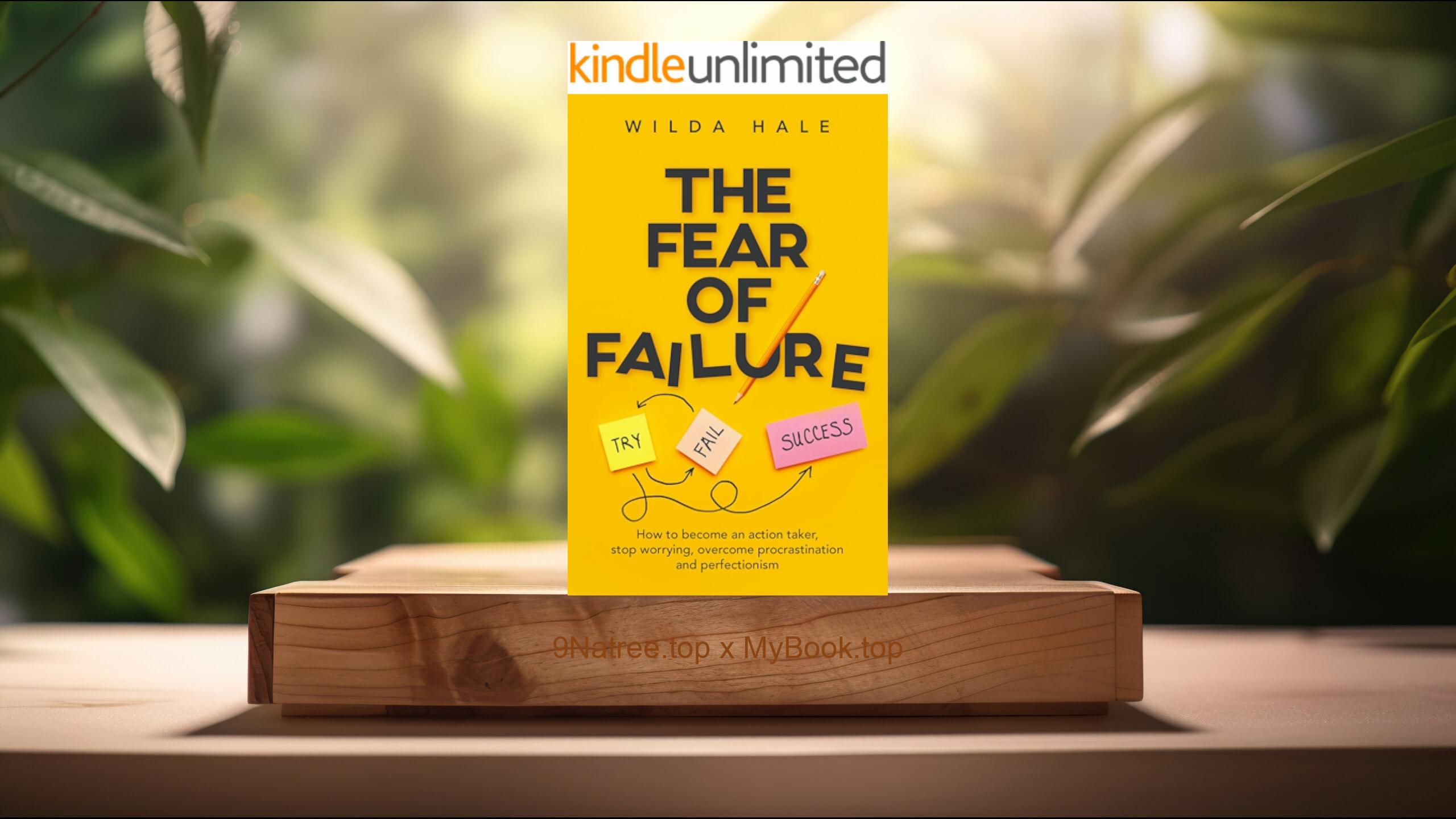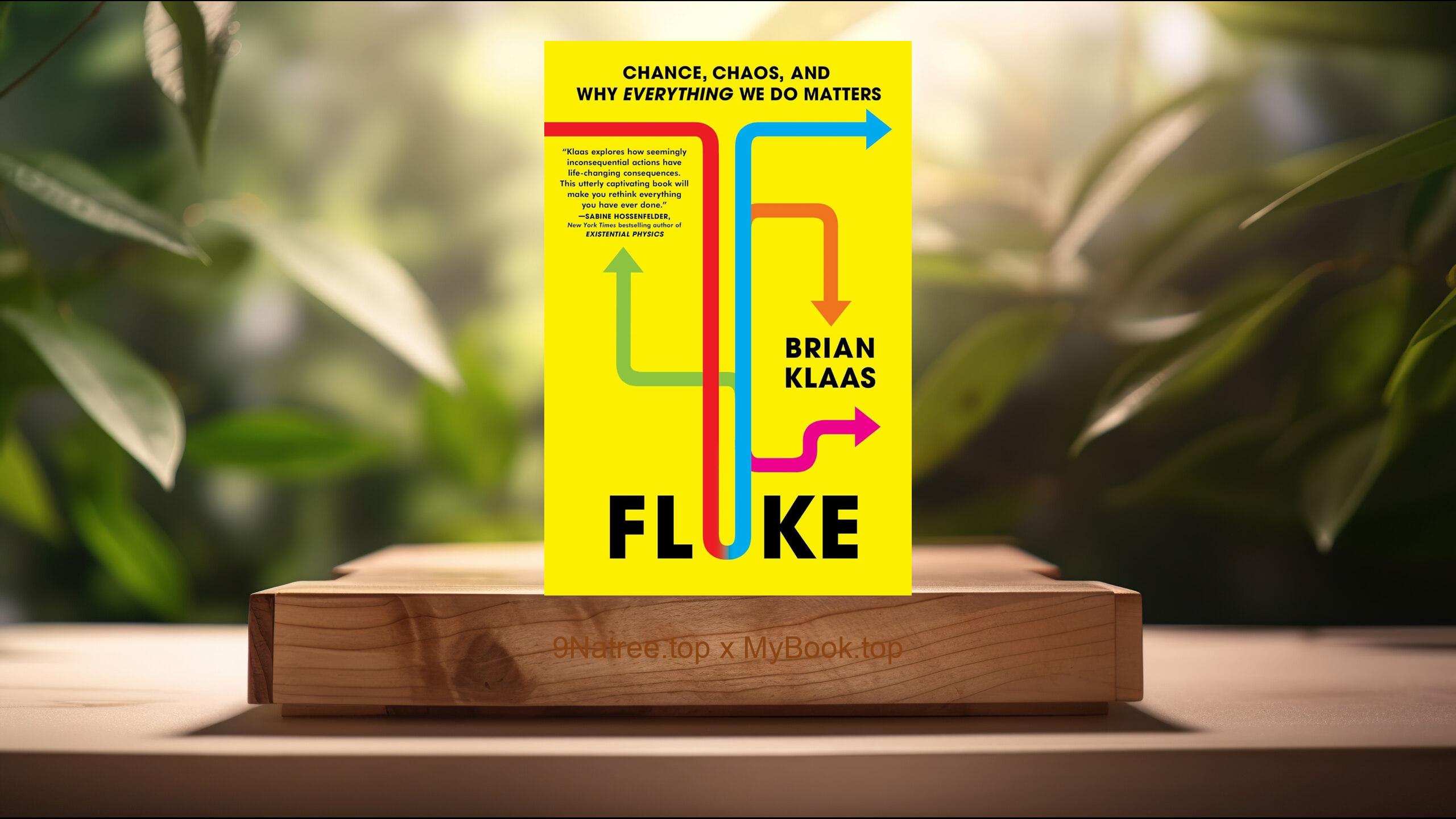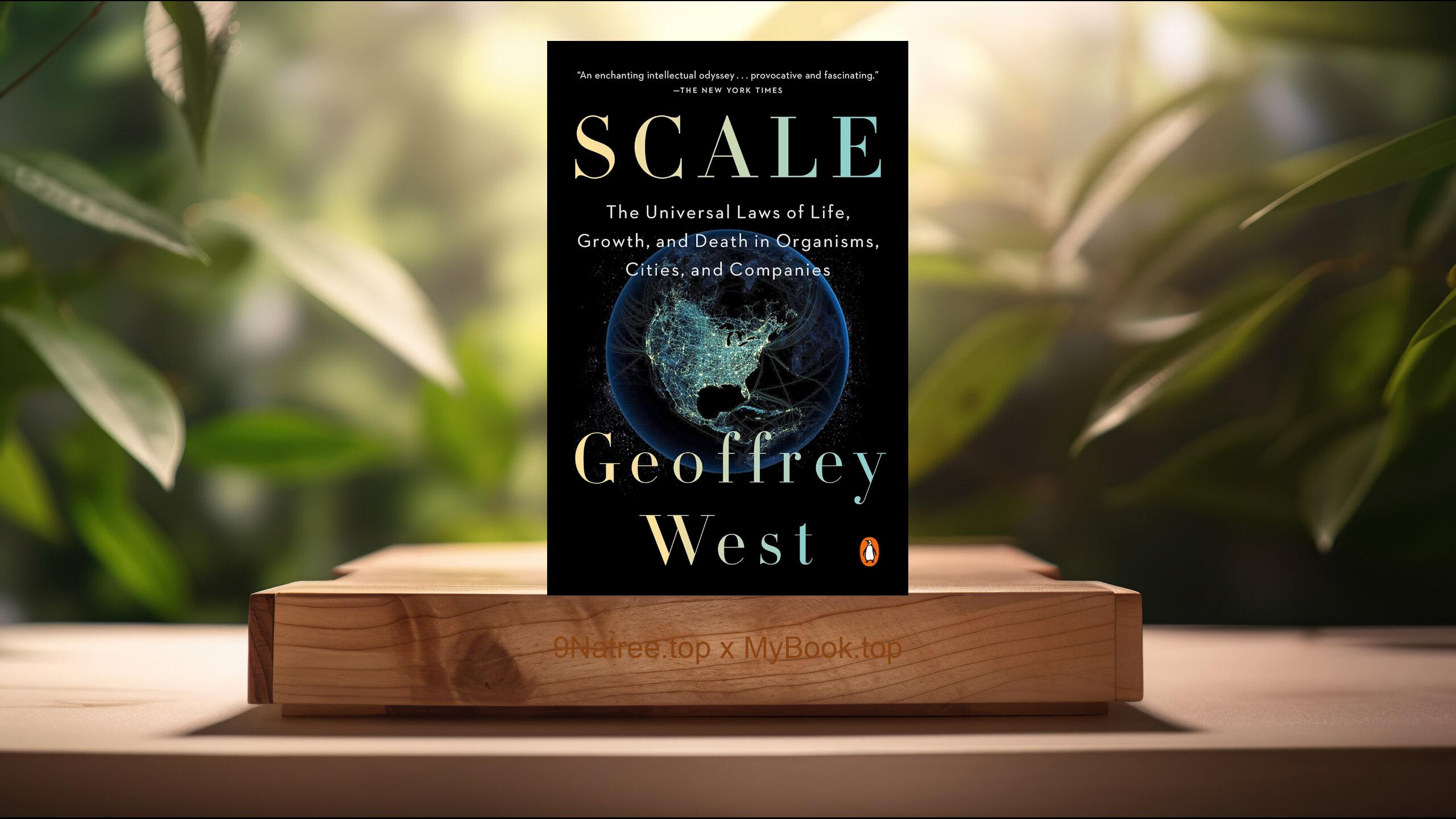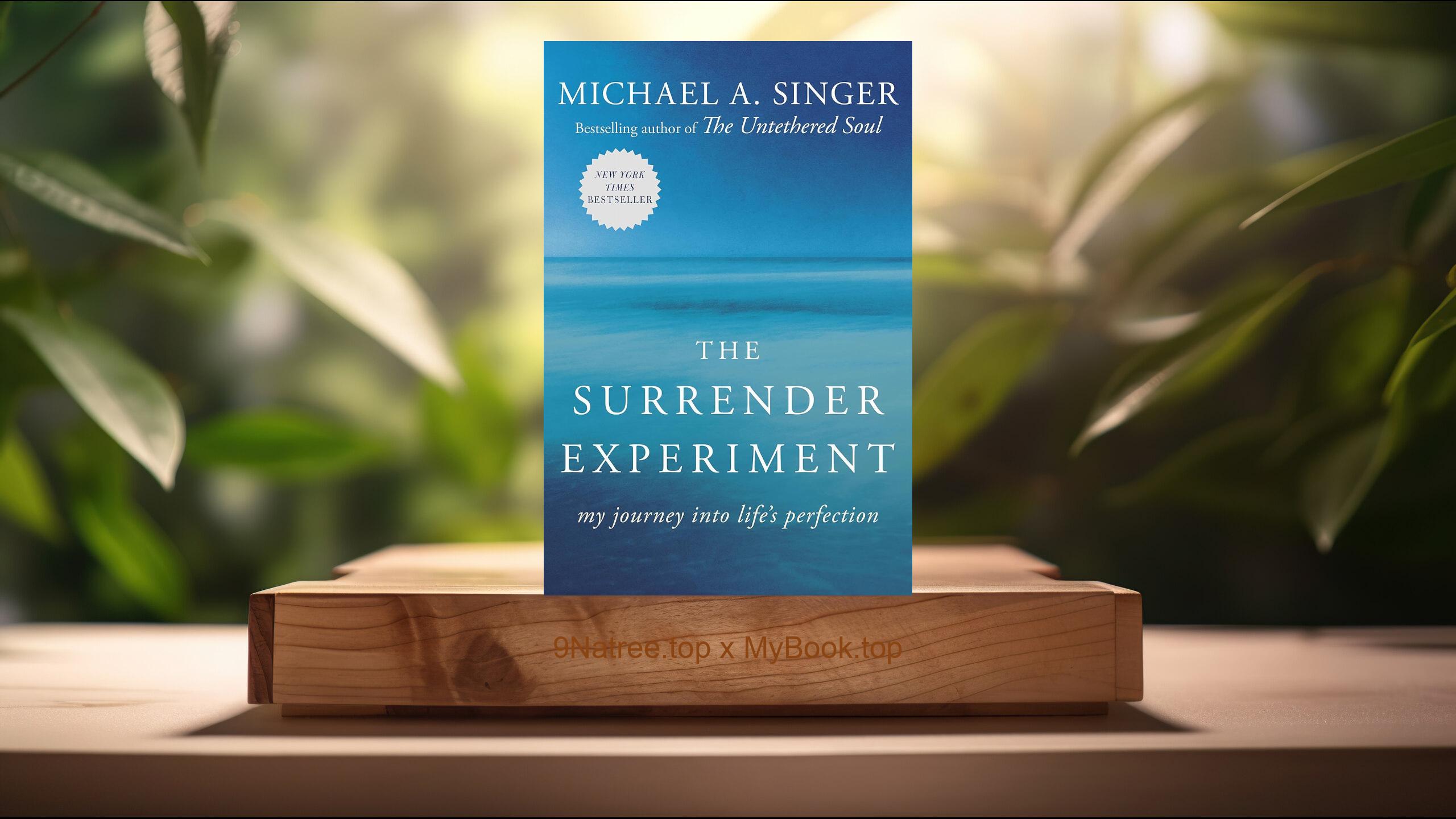Show Notes
- Amazon US Store: https://www.amazon.com/dp/B07TD1G6RT?tag=9natree-20
- Amazon Worldwide Store: https://global.buys.trade/Get-Out-of-Your-Head-Stopping-the-Spiral-of-Toxic-Thoughts-Jennie-Allen.html
- Apple Books: https://books.apple.com/us/audiobook/get-out-of-your-head-stopping-the-spiral-of/id1493477334?itsct=books_box_link&itscg=30200&ls=1&at=1001l3bAw&ct=9natree
- eBay: https://www.ebay.com/sch/i.html?_nkw=Get+Out+of+Your+Head+Stopping+the+Spiral+of+Toxic+Thoughts+Jennie+Allen+&mkcid=1&mkrid=711-53200-19255-0&siteid=0&campid=5339060787&customid=9natree&toolid=10001&mkevt=1
- Read more: https://mybook.top/read/B07TD1G6RT/
#ToxicThoughts #MentalHealth #PositiveMindset #Neuroplasticity #SpiritualWellness #SelfCompassion #Mindfulness #CommunitySupport #GetOutofYourHead
These are takeaways from this book.
Firstly, Identifying Toxic Thoughts, The journey towards overcoming the spiral of toxic thoughts begins with the crucial step of identification. Jennie Allen sets the stage by guiding readers through the process of recognizing patterns of negative thinking. She explains how these thoughts, often automatic and deeply ingrained, significantly influence our emotions and behaviors. Allen delves into various forms of toxic thoughts such as fear, negativity, comparison, and despair. By providing clear examples and relatable scenarios, Allen aids readers in pinpointing the specific ways in which their thought processes derail their peace of mind and overall well-being. This section serves as a foundational step, emphasizing the importance of awareness in the fight against mental toxicity.
Secondly, The Power of Choice, Once toxic thoughts are identified, Jennie Allen introduces the empowering notion of choice. She argues that while we cannot always control the thoughts that enter our minds, we retain the power to choose how we respond to them. This section delves into the neuroscience behind thought patterns and the concept of neuroplasticity, which suggests that the brain is capable of changing and adapting based on our actions and decisions. Allen offers practical strategies for interrupting negative thought cycles and replacing them with positive alternatives. Through exercises such as mindfulness, gratitude, and reframing, readers learn how to actively participate in the reshaping of their mental landscape. Allen's message is clear: by choosing our thoughts, we can change our lives.
Thirdly, Cultivating a Positive Mindset, Building on the power of choice, Jennie Allen explores the process of cultivating a positive mindset. This segment emphasizes the importance of continuous effort and commitment to mental health. Allen introduces the concept of 'mind diets,' suggesting that just as we nourish our bodies with healthy food, we must also feed our minds with positive thoughts and information. She discusses the role of social media, relationships, and daily habits in influencing our thought patterns. By providing actionable advice on creating a supportive environment, practicing self-compassion, and setting achievable goals, Allen guides readers towards a more optimistic and resilient state of mind. This section is critical for anyone looking to sustain long-term changes in their approach to thinking and living.
Fourthly, Connecting with Others, Jennie Allen emphasizes the importance of connection and community in breaking the cycle of toxic thoughts. This part of the book explores how isolation can exacerbate negative thinking and how meaningful relationships can provide support, perspective, and healing. Allen shares personal stories and research to illustrate how opening up about struggles, seeking help, and contributing to others' well-being can significantly impact our mental health. She provides practical tips for building and nurturing relationships that are healthy, supportive, and affirming. This section underlines the concept that we are not meant to battle our minds alone and that through connection, we can find strength and hope.
Lastly, Spiritual Practices for Mental Wellness, In the final section, Jennie Allen introduces the role of spirituality in combating toxic thoughts. Regardless of one's religious beliefs, she argues that spiritual practices can offer profound benefits for mental health. Allen discusses practices such as prayer, meditation, servitude, and gratitude from a non-denominational perspective. She highlights how these practices can foster a sense of purpose, peace, and connection to something greater than ourselves. This section is particularly insightful for readers seeking to explore the spiritual dimensions of mental wellness. Allen's approach is inclusive, recognizing the diverse ways in which individuals find comfort and strength in their spiritual journeys.
![[Review] Get Out of Your Head: Stopping the Spiral of Toxic Thoughts (Jennie Allen) Summarized](https://episodes.castos.com/660078c6833215-59505987/images/1882271/c1a-085k3-1pdop0w0bj6j-wgujao.jpg)




